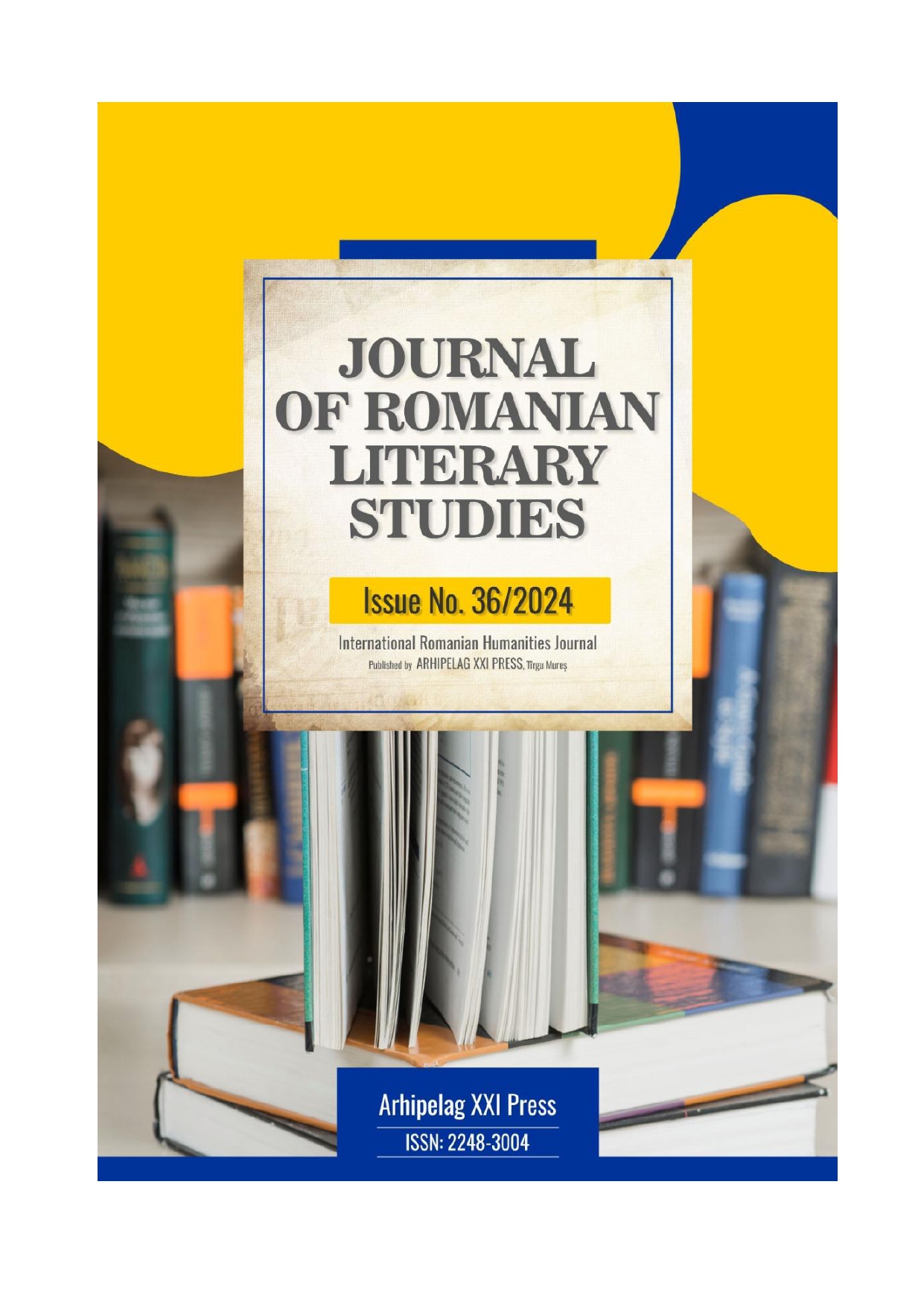TYRANNY IN RICHARD III. A JUNGIAN PSYCHOANALYTIC APPROACH TO ITS AETIOLOGY AND PSYCHOGENESIS
TYRANNY IN RICHARD III. A JUNGIAN PSYCHOANALYTIC APPROACH TO ITS AETIOLOGY AND PSYCHOGENESIS
Author(s): Emilian TîrbanSubject(s): Cultural history, Diplomatic history, History of ideas, Military history, Political history, Psychoanalysis, Philology, Theory of Literature, Drama, British Literature
Published by: Editura Arhipelag XXI
Keywords: Shakespeare; tragedy; tyranny; Richard III; psychoanalysis;
Summary/Abstract: “Richard III” has fascinated the world of theatre and the intellectual endeavour of literary criticism for centuries by displaying Shakespeare's intemperate interest in portraying the tyrant’s psychology. To locate the psychogenesis and aetiological elements that influenced the protagonist's violent ambitions, the present article will focus on psychoanalytic interpretations of Richard III's psyche emphasising the underlying tyrannical propensity of his behaviour and environmental causes. As a result, this article will also look at the collective shortcomings portrayed in the play, such as the family and community's failure to accept responsibility for fostering tyrannical behavioural patterns in Richard. Given Richard's centrality and the play's minute investigations into the workings of a tyrant's mind, this article aims to present an interpretation of Shakespeare's first attempt at portraying the (psycho)genesis and demise of a tyrant concerning his later tragedies. Occasional comparisons might show how Shakespeare's portrayal of the psyche's tortuous development in tragedy has evolved from 1592-3, the years “Richard III” was written and first performed (Bloom “Invention” xv), into the "tragic period" (Bradley 84) of 1600-1606 (with “Hamlet”, “King Lear”, and “Macbeth” especially). Investigating Richard's descent from psychic integrity to psychic atrophy will best demonstrate Shakespeare's early attempt to depict a tyrant’s mental cosmetics by focusing on the Marlovian overabundances of character that make Richard III such a puzzling figure. This article shows how Richard is psychologically different from Shakespeare's later tragic protagonists, whose psyches are partly accessible to them, but are tapped into to an eventually fatal effect.
Journal: Journal of Romanian Literary Studies
- Issue Year: 2024
- Issue No: 36
- Page Range: 892-904
- Page Count: 13
- Language: English

